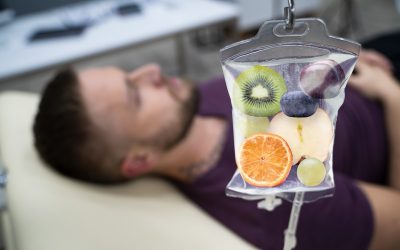Drug treatment programs
There are different drug addiction treatments. Depending on how severe the addiction is, patients can choose one that offers approaches along with individual programs that best fit their needs. Many of these programs are far from the traditional treatment classifications so finding the right fit is now easier.
The first stage
Most patients begin the process with detoxification. This is usually undertaken with medically-assisted withdrawal, says Drug Abuse. The severity of the withdrawal symptoms—some of which include chills, anxiety, nausea and vomiting, among others—could lead to increased health risks. This is especially true for patients that suffer from withdrawal from opiates and benzos, to name a few. That’s why medical assistance is crucial.
Inpatient program
Want to know what an inpatient drug rehab program in New Jersey entails? It’s when patients are required to stay in the facility for the duration of the treatment. It’s ideal for those who need intensive medical help and attention and most suitable for patients with long-term drug abuse. Outpatient treatments require patients to spend time at the facility until the program is complete.
Benefits of the program
Inpatient treatment programs provide patients with an environment free of destructive influences so it’s conducive to recovery. Recovering addicts are well able to focus and dedicate their attention to the program, without any interference from the outside world. Outpatient programs, on the other hand, provide patients with a flexible arrangement, allowing them to schedule their treatments around work or school hours.
Long-term or short-term?
Inpatient and outpatient programs can be as short as 24 hours or as long as 12 months, though they could also last longer. The duration of the program will depend on how much the addiction has progressed.
So if you need help, decide whether if you’re a better fit for an outpatient or inpatient drug rehab program in New Jersey. For more details, talk to us at Behavioral Crossroads.








